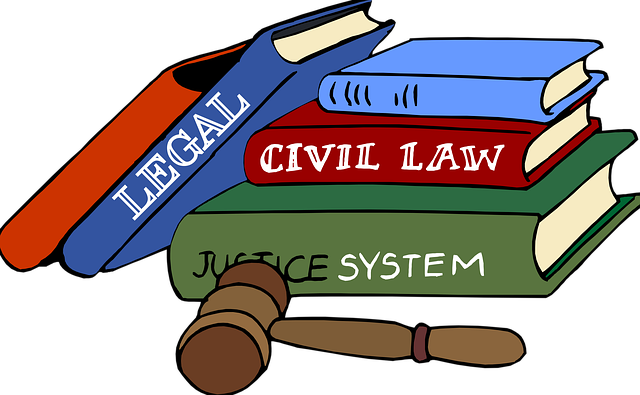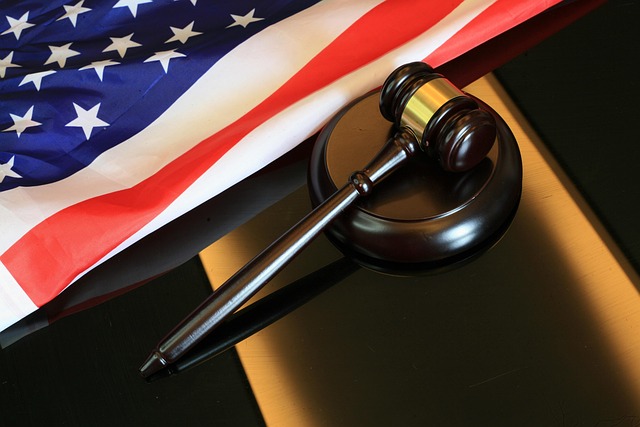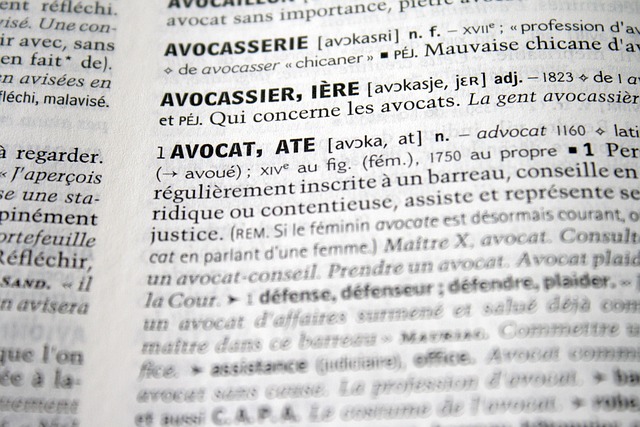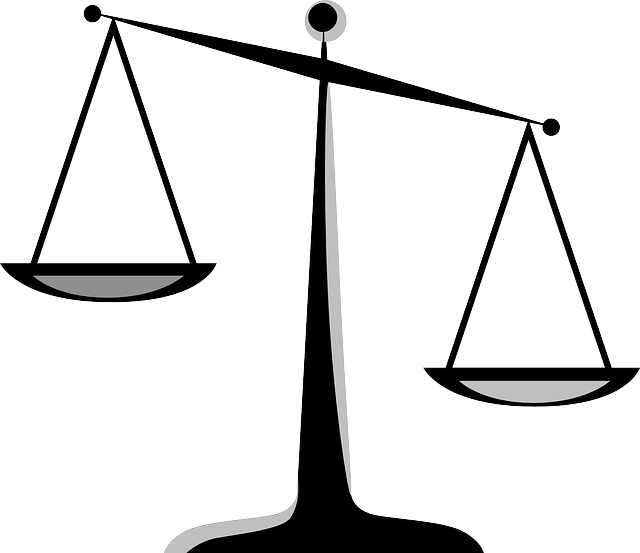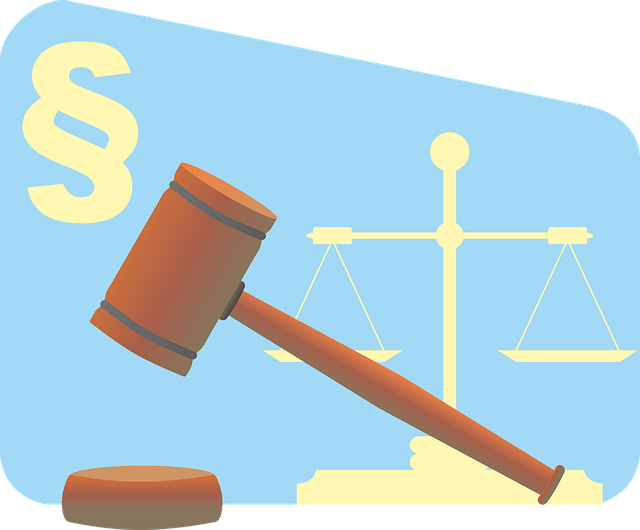RF Regulatory Agency investigations uphold RF standards, examining evidence under legal principles. With a successful track record, this process covers a spectrum from investigation to enforcement, offering tailored guidance. Understanding Legal Grounds for Criminal Appeal is vital for entities or individuals facing RF violations, ensuring due process rights are protected in complex cases, especially white-collar crimes. The agency prioritizes impartiality and fact-finding, with strict evidence protocols, to maintain procedural integrity. Navigating appeals is crucial for challenging convictions, demonstrating issues like procedural irregularities or ineffective counsel. Protecting rights ensures justice and favorable outcomes.
“RF Regulatory Agency investigations play a vital role in ensuring compliance with radio frequency (RF) standards. This comprehensive guide explores the intricate world of RF compliance, focusing on legal frameworks and appeal processes. Learn about the grounds for criminal appeal in RF cases, emphasizing evidence-driven fact-finding. From understanding regulatory bodies’ roles to navigating complex rights and procedures, this article equips readers with insights into the legal underpinnings of RF investigations, highlighting key considerations for stakeholders.”
- Understanding RF Regulatory Agency Investigations
- Legal Framework for RF Compliance Appeals
- Grounds for Criminal Appeal in RF Cases
- The Role of Evidence and Fact-Finding
- Navigating the Appeal Process: Rights and Procedures
Understanding RF Regulatory Agency Investigations
RF Regulatory Agency Investigations are crucial in ensuring compliance with radio frequency (RF) standards across various industries. These investigations delve into potential violations, from unauthorized transmissions to equipment safety concerns. Understanding the legal grounds for such inquiries is essential for any entity under scrutiny. The process involves a thorough examination of evidence, including technical data and operational records, to determine if regulations have been breached.
An unprecedented track record of success in RF regulatory cases highlights the effectiveness of these investigations. They navigate all stages of the investigative and enforcement process, providing guidance and representation for clients facing these complex matters. This specialized knowledge ensures that rights are protected and legal strategies are tailored to each unique situation.
Legal Framework for RF Compliance Appeals
In cases where entities or individuals believe they have been unfairly targeted or accused of RF (Radio Frequency) regulatory violations, understanding the Legal Framework for RF Compliance Appeals is paramount. These appeals often involve navigating complex legal grounds for criminal appeal, ensuring due process rights are upheld. The landscape of RF regulation across the country mandates a robust system to address discrepancies and protect against unfounded charges, especially in the realm of white collar and economic crimes.
The appeals process offers a chance for those accused to present their case, challenge evidence, and argue legal interpretations. This is particularly crucial in white collar defense strategies where mitigating circumstances and potential misunderstandings can play a significant role. Across the country, legal experts specializing in RF regulatory matters are vital in navigating these appeals, ensuring clients’ rights are protected and outcomes are just.
Grounds for Criminal Appeal in RF Cases
In cases involving RF (Radio Frequency) regulatory violations, understanding the legal grounds for criminal appeal is paramount for both defendants and their legal representatives. These appeals are often based on specific legal principles that challenge the validity of the investigation and subsequent prosecution. Defendants may seek relief if there has been a breach of procedural due process during all stages of the investigative and enforcement process. Such breaches could include unlawful search and seizure, failure to disclose exculpatory evidence, or violations of the right to a fair trial.
White-collar and economic crimes, which often encompass RF regulatory offenses, require a nuanced approach in terms of appeal strategies. For his clients facing such charges, it is crucial to examine whether the investigation was conducted fairly and transparently. This includes assessing the admissibility of evidence, examining potential bias or misconduct by enforcement agencies, and ensuring that all legal rights were respected throughout the process. Identifying these legal grounds for criminal appeal can significantly impact the outcome of RF-related cases.
The Role of Evidence and Fact-Finding
The role of evidence and fact-finding is pivotal in RF Regulatory Agency investigations. Robust and unbiased gathering of evidence ensures that decisions are based on concrete facts rather than speculation or bias. This meticulous process involves sifting through technical data, documents, expert opinions, and witness testimonies to construct a comprehensive narrative. The agency’s investigators must remain impartial, applying the law consistently to all parties involved, regardless of their status in the philanthropic and political communities.
In high-stakes cases, especially those involving white-collar defense, the legal grounds for criminal appeal can significantly hinge on the quality and admissibility of evidence presented. Therefore, investigations must adhere to stringent protocols to safeguard against procedural errors or misinterpretations that could lead to unjust outcomes. This includes ensuring the chain of custody for physical evidence, proper documentation of digital forensics, and rigorous examination of expert witnesses to verify their findings and methodologies.
Navigating the Appeal Process: Rights and Procedures
Navigating the appeal process is a crucial step for individuals who believe their rights have been violated during an RF Regulatory Agency investigation. Understanding the legal grounds for criminal appeals is essential, especially in cases involving complex regulatory issues and white-collar or economic crimes. If a conviction is challenged, the appeals process provides a forum to present new evidence, argue procedural errors, or assert that the original verdict was against the weight of the evidence.
The appeal process begins by filing a formal notice of appeal within a specified time frame. This triggers a series of procedures where both parties—for his clients facing these charges, it’s their legal representation—present their arguments to a higher court. A winning challenging defense verdict can result from demonstrating procedural irregularities, ineffective assistance of counsel, or the prosecution’s failure to meet its burden of proof. Ensuring that all rights are protected throughout this process is paramount in achieving justice and securing favorable outcomes.
RF Regulatory Agency investigations are crucial processes that ensure compliance with radio frequency (RF) standards. Understanding the legal framework, including grounds for criminal appeal, is essential for all stakeholders. Navigating these appeals requires a thorough grasp of evidence collection and fact-finding methodologies. By knowing their rights and following established procedures, individuals and entities can effectively participate in the RF compliance process, ensuring fairness and accuracy in outcomes, especially when exploring Legal Grounds for Criminal Appeal.

